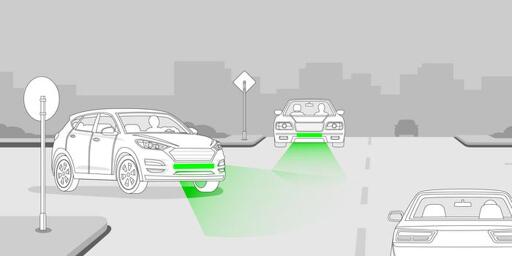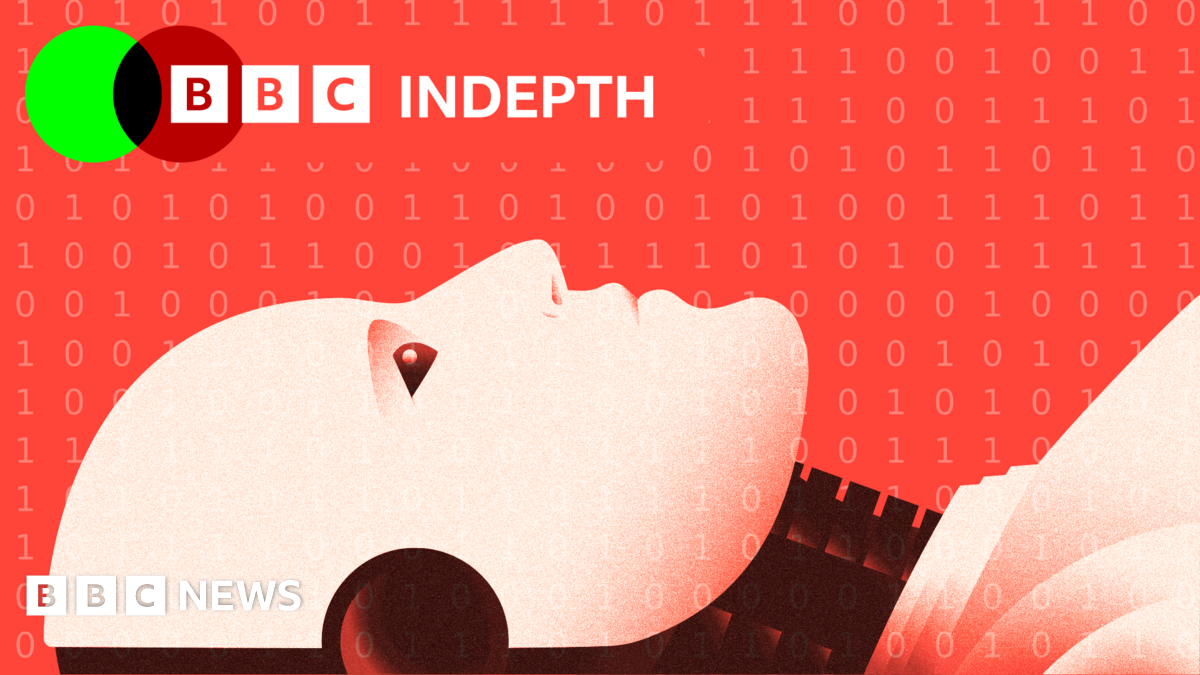Front Brake Lights Could Drastically Diminish Road Accident Rates
-
I see too many people treat a roundabout like a stop sign when it is clearly empty.
The couple of times they tried out roundabouts in my area, they didn't last long because people were too stupid to figure out how to use them. So instead they just bitched until they were taken out.
-
Red is always on top (at least in Europe) so even color blind people know what the signal is.
Same here in the US, though I’ll say as someone actually colorblind, it’s not the easiest to decipher the red/yellow when at speed until you’re somewhat close. Normally not an issue since anything resembling red=start slowing down, but there are situations where a standard light may start acting as a single flashing red or yellow, and that can be tough to figure out at speed. Flashing reds are supposed to have stops signs here as far as I know, but there’s been at least one intersection that hasn’t had them, which certainly gives me some anxiety about taking that as a rule. The system works alright enough, but it’s definitely frustrating that we settled on red/green for things when that’s the most common color blindness. I have some strong opinions on bathroom indicators, particularly in airport bathrooms where the lighting is often sub par too
-
Once we have proper self driving cars none of these recent "innovations" like that or the speed limiting would matter.
Ideally self driving cars would also be without a steering wheel and just be half width with a single seat or two seats facing each other to reduce energy requirements. You could just develop this with a manhattan style project and test it in a single city banning all other private cars except delivery vehicles.
Proper self-driving cars? Do you mean a bus?
-
Maybe redo the driving test like... At least every 20 years? There are people on the roads who got their licenses when their town didn't even had traffic lights. People who never saw a roundabout in their first 20 years of driving.
Its nice that we restrict young people by making them take more and more driving lessons and paying more for tiered licences, like we do in Europe for motorcycles and trucks.
But maybe also take a look at the 70+ year old grandpa who had two strokes and one heart attack, has two pairs of of glasses but his license says that he's perfectly fit.
Sure but the second I lose my mobility I will put a deer slug through my head.
-
I retract my statement, this looks perfectly safe and effective.
Putting fewer people in danger than the pavement princess speeding though a yellow light.
-
Yes.. WHY DO CARS STILL HAVE 2 SETTINGS LIKE ITS 1935. it would take basically zero effort to have low, high, stun for headlights so the rest of us who drive normal appropriate cars don't have to be blinded by selfish assholes driving a massive truck alone by themselves that they never used for work once in their lives. Yes, im a car person and despise truck posers.
You say this like those same people won't leave it on stun
-
People don't even need car tbh. Motorbikes everywhere please. Zip zip, less traffic, everyone pays attention to road or falls and dies.
This might be the dumbest comment I have ever read on the Internet. That’s like 30 years of comments.
-
‘Here’s an idea: let all those around you know your status.’
‘Revolutionary!’
It’s weird we haven’t already done this, but good.
My status is in a relationship
Don't get any ideas buddy
-
I have to contend with 70-80 year olds doing 30km in an 80 while swerving across the midline because they saw a bird across the street.
Yeah, like if someone crashes their car due their own stupidity, I'm not stopping to help. Darwin Awards and all that.
-
sliding lights: it depends on the bulb but i imagine it would easy to see move
arrows: i dont know why you think they would point fowards or backwards they would just towards the side youre on or not
If you're looking at the side of the car, you don't see them the same way as from the front. Which this whole discussion is about.
If you can see both turn signals from your point of view, current design works well enough.
-
Sure but the second I lose my mobility I will put a deer slug through my head.
Why not move to a place where low mobility doesn't cut you off from the rest of society?
There's plenty of retirement communities where you can get around with a golf cart. In the 3 biggest cities here in SK, old folk can ride the subways for free, and sometimes you even see them drive mobility scooters on.
Other places I've been have level boarding for buses, but I've never seen someone drive a mobility scooter onto one. Certainly it wouldn't fly in SK.
-
Sure but the second I lose my mobility I will put a deer slug through my head.
So risking everyone else's life around you is worth it?
-
Yes.. WHY DO CARS STILL HAVE 2 SETTINGS LIKE ITS 1935. it would take basically zero effort to have low, high, stun for headlights so the rest of us who drive normal appropriate cars don't have to be blinded by selfish assholes driving a massive truck alone by themselves that they never used for work once in their lives. Yes, im a car person and despise truck posers.
There are now headlights that can be "high" but block out portions of the beam directed at light sources like oncoming headlights. Can't have them in the US though.
-
I have to contend with 70-80 year olds doing 30km in an 80 while swerving across the midline because they saw a bird across the street.
Here in France they drive at 70km/h in a 90km/h road. They also drive at 70 in a 70 road. And 70 in a 50 road. And 70 in a 30 road...
-
cross-posted from: https://lemmy.bestiver.se/post/424410
As a pedestrian this would be huge and make me feel so much safer.
-
If you're looking at the side of the car, you don't see them the same way as from the front. Which this whole discussion is about.
If you can see both turn signals from your point of view, current design works well enough.
i found a video to help you picture it better (https://youtube.com/shorts/ZD_34DxW_uI)
it really isnt that difficult
-
i found a video to help you picture it better (https://youtube.com/shorts/ZD_34DxW_uI)
it really isnt that difficult
I know how flow lights work. But they still don't help you see better that a car is turning away from you, which is what this discussion is about.
Imagine a crossroad where a car is coming from your right side. You have no way of knowing whether they turn right or go straight, regardless of the way the lights work, because you won't see them.
-
Wouldn’t better driving education and testing work just as well, if not better?
as with a lot of tests, the thing a driving test is the best at measuring is how well you can take a driving test.
-
Sure but the second I lose my mobility I will put a deer slug through my head.
Another kind of solution. But not needed.
-
Why not move to a place where low mobility doesn't cut you off from the rest of society?
There's plenty of retirement communities where you can get around with a golf cart. In the 3 biggest cities here in SK, old folk can ride the subways for free, and sometimes you even see them drive mobility scooters on.
Other places I've been have level boarding for buses, but I've never seen someone drive a mobility scooter onto one. Certainly it wouldn't fly in SK.
I don't think I could afford to be homeless in SK.
-
-
A new database on police use of force and misconduct in California makes public 1.5 million pages of once-secret police records
Technology 1
1
-
-
-
Grok 4 has been so badly neutered that it's now programmed to see what Elon says about the topic at hand and blindly parrot that line.
Technology 2
2
-
Senators Call for The FTC to Launch an Investigation into Spotify for Forcing Subscribers into Higher-Priced Subscriptions Without Their Consent.
Technology 1
1
-
-




